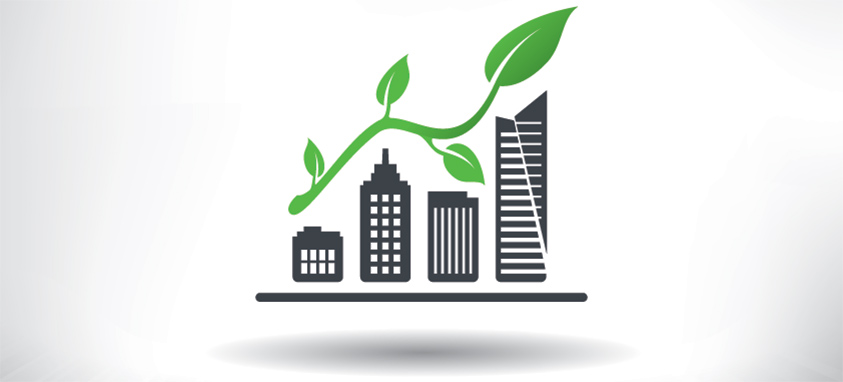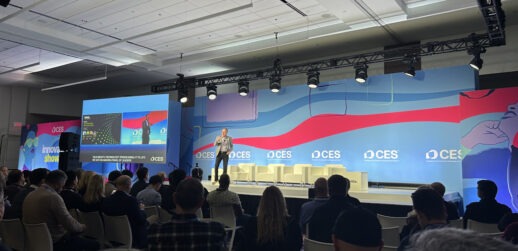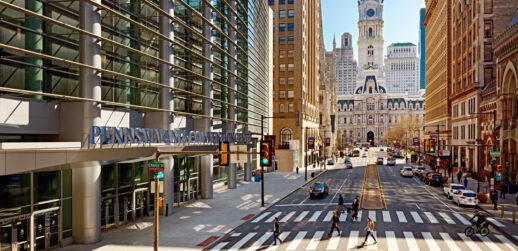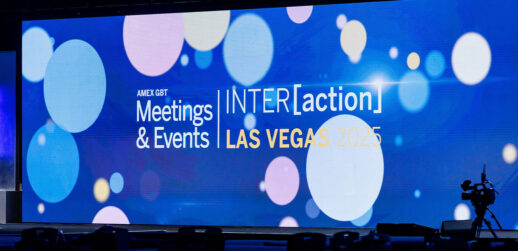This week’s Meeting Professionals International World Education Congress is a great time to assess what to consider when staging green meetings, especially since host San Francisco and Moscone Center are sustainability leaders.
On Sunday, planners and suppliers were treated to a behind-the-scenes tour of Moscone, where participants got a few insights about recycling, composting, donating leftover food and tracking the mileage of food sources.
“We can maybe do things in San Francisco more than in some regions,” says Kathleen Hennesey, sustainability analyst for Moscone. “San Francisco sees itself as an environmental policy maker.”
Hennesey helped Moscone become one of the first convention centers in the country to institute a recycling program back in 1998. Since then San Francisco’s premier meeting venue has two buildings that have earned LEED Gold certification. When Moscone’s current renovation and expansion projects are complete, Hennesey says the expectation is that those buildings will earn LEED Platinum certification.
Like this content? Check Out Our Q&A with Paul Salinger from Oracle and Shawna McKinley from MeetGreen
With a commitment to sustainability and education, Moscone helps planners hosting events at its venue to be as green as possible. For example, when Salesforce took over Moscone last year for its annual Dreamforce event, 10,000 pounds of compostable and recycling materials were salvaged during the three-day convention.
Sunday’s green tour included a briefing by Jeff Hall, director of culinary operations for Moscone. Among the green practices regularly implemented by the Moscone staff are donating leftover food. “We do a lot of donating,” Hall says.
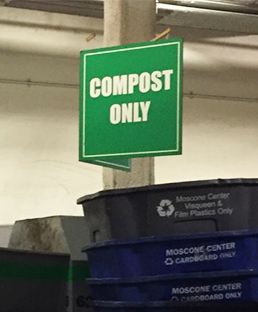 Food sourcing is another key way to keep it green. Moscone tracks food miles, trying hard to buy locally. For example, Hall found a company in nearby Napa to get ginger puree rather than importing the product. He also relies on a company in Sacramento that makes soy sauce. And vendors who deliver their goods in boxes are required to return to pick up their containers.
Food sourcing is another key way to keep it green. Moscone tracks food miles, trying hard to buy locally. For example, Hall found a company in nearby Napa to get ginger puree rather than importing the product. He also relies on a company in Sacramento that makes soy sauce. And vendors who deliver their goods in boxes are required to return to pick up their containers.
Moscone has an amazing setup for composting and recycling with a sorting station. All bins placed throughout the campus are delivered to the sorting station and employees go through the bins by hand (with gloves) to make sure that discarded materials are correctly classified.
There are compost containers for leftover food and event materials near the sorting stations. Moscone is also proud of its compactors, making it easier to transport recyclable and compostable materials.
“We want to help planners learn what kinds of things they should ask and understand the challenges” Hennesey says.
For more on MPI #WEC15, follow our live updates.
